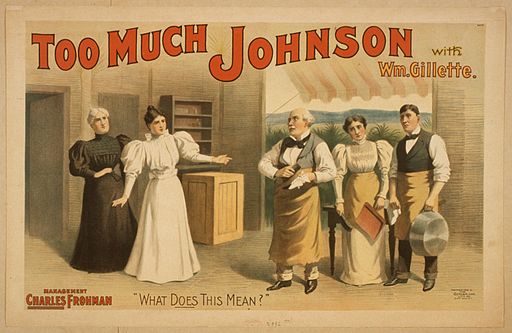Much vs Many
There is a clear distinction between the words much and many, though some people may not pay attention to this difference. Both terms should be used as adjectives, but with a difference. Much is considered a determiner, pronoun, and adverb, while many is a determiner, pronoun, adjective, and sometimes a noun in the plural form. Furthermore, much has its roots in Middle English, while many originates from the Old English word manig.
What does Much mean?
The word much is typically used as an adjective with uncountable nouns, as demonstrated in the following sentences:
– I made much effort to solve the problem.
– He gave her much support.
In the first example, much is used with the uncountable noun “effort,” and in the second, it is used with the uncountable noun “support.”
Often, the word much is followed by the preposition “of,” as seen in the sentence:
– Too much of effort has been taken to complete the work.
Additionally, much is frequently preceded by the adverb “very” for emphasis, as in the sentences:
– I loved her very much.
– She thanked her sister very much.
What does Many mean?
Conversely, the word many is used as an adjective with countable nouns, as in the sentences:
– He gave many books to me.
– She sang many songs.
In the first example, many is used with the countable noun “books,” and in the second, it is used with the countable noun “songs.”
Like much, the word many is often followed by the preposition “of,” as in the sentence:
– I told many of my friends about my success.
Similarly, many is often preceded by the adverb “very” for emphasis, as shown in the following sentences:
– She conveyed very many thanks.
– They cried very many pardons.
Key Takeaways
- Much is generally used as an adjective with uncountable nouns, while many is used with countable nouns.
- Both much and many are often followed by the preposition “of.”
- Both words are frequently preceded by the adverb “very” for emphasis.
